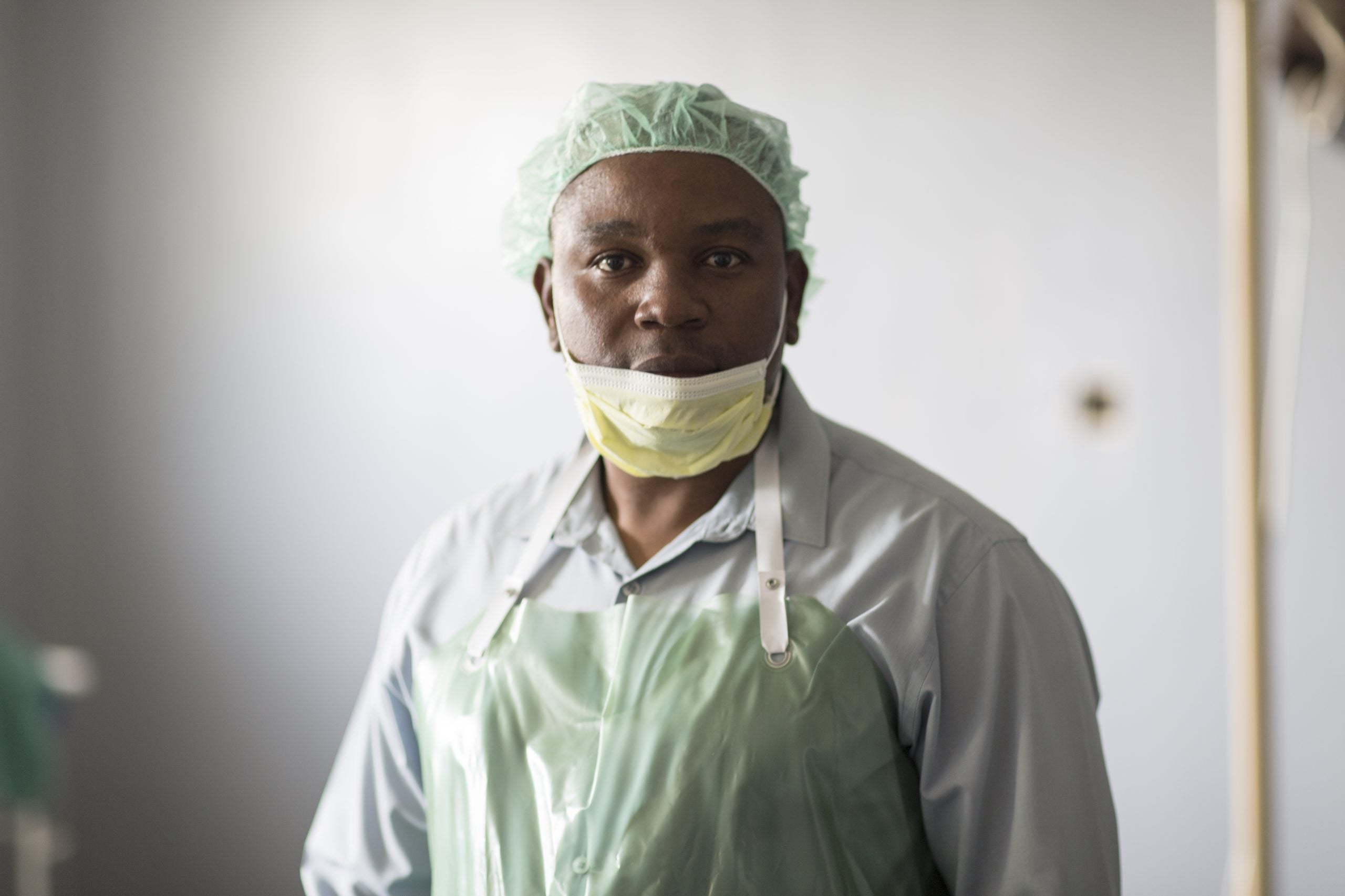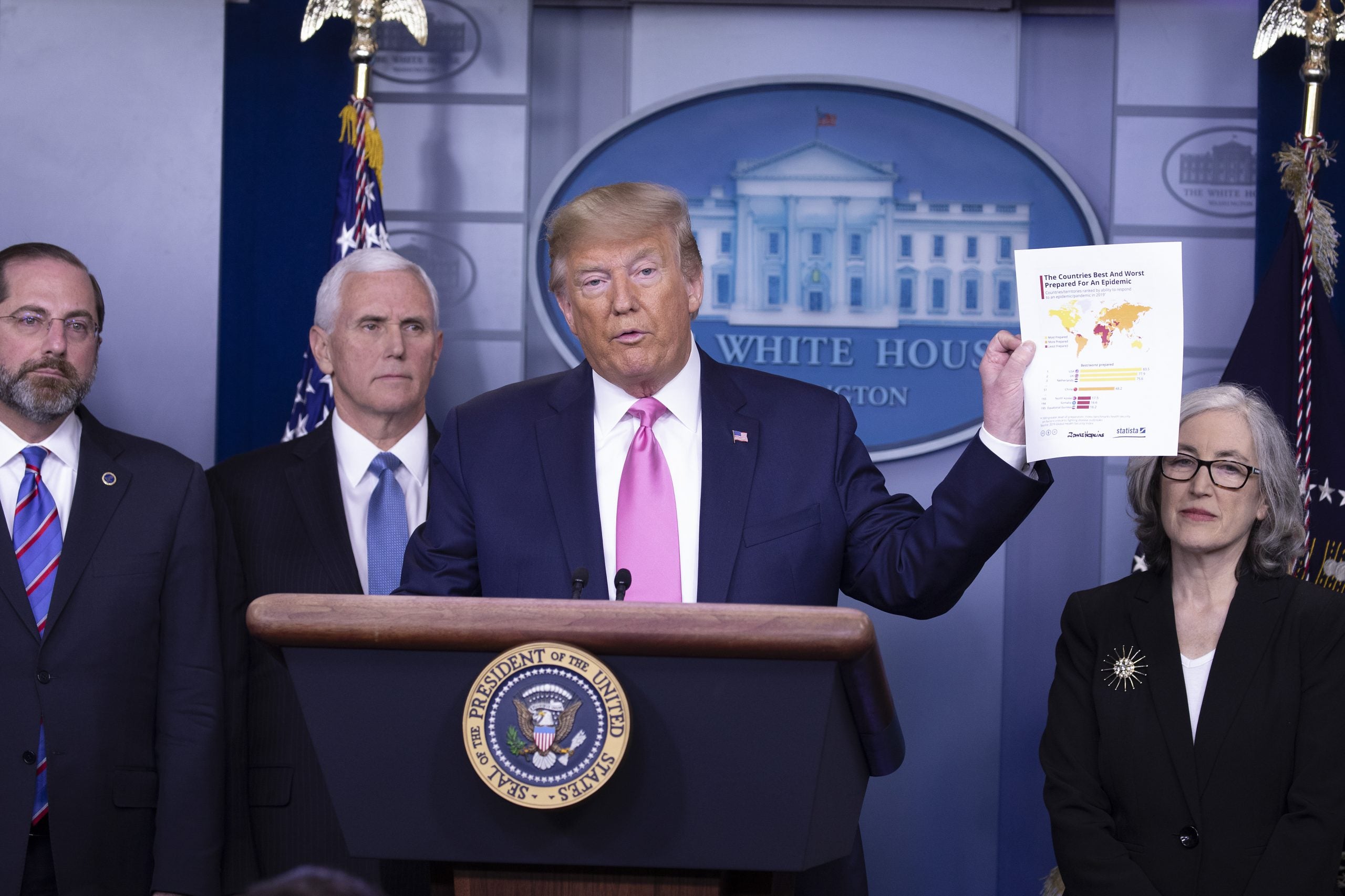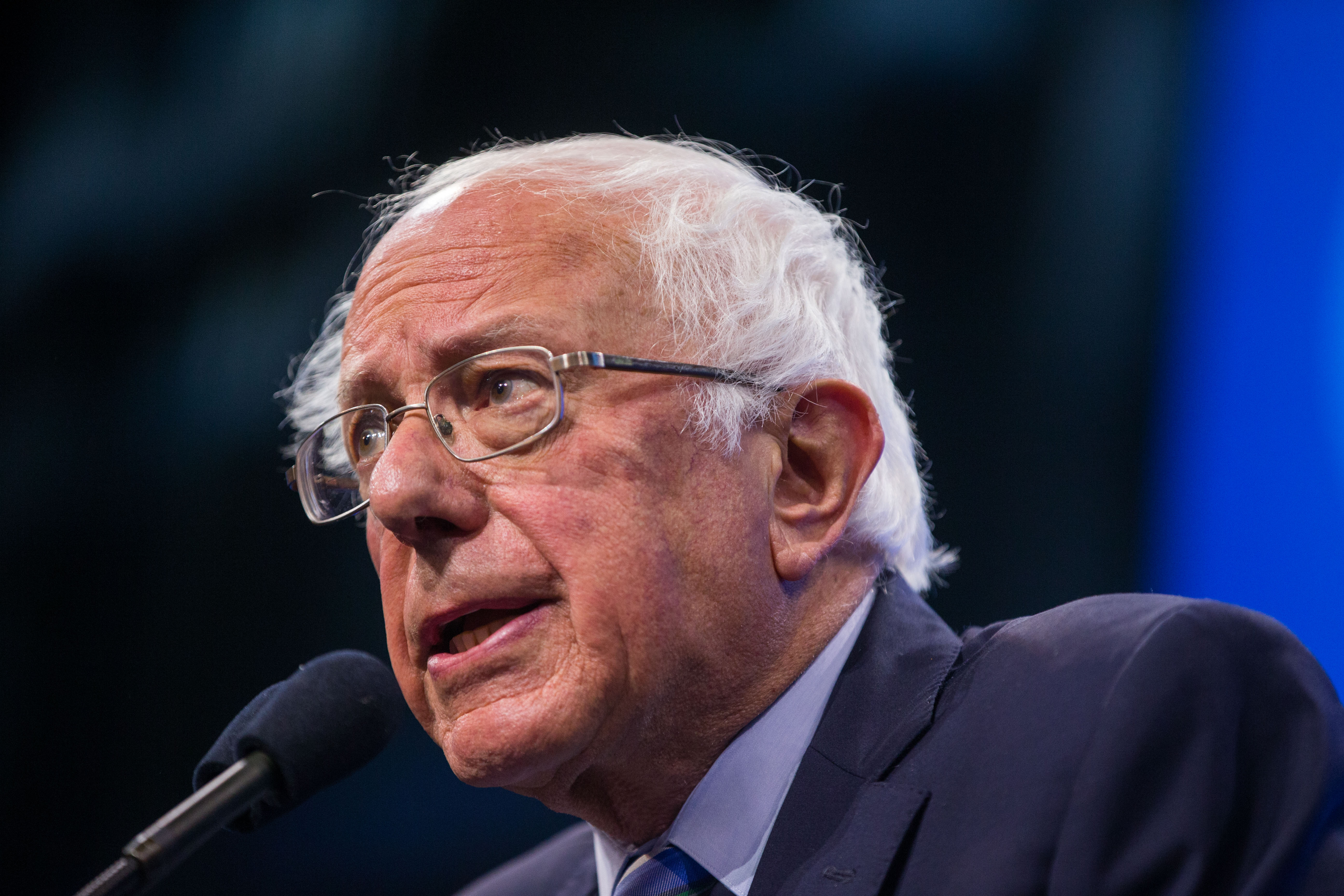
For more than a month, panic and perplexity have plagued Americans who are fearful of a possible coronavirus pandemic. Furthermore, the response from the United States government has done very little to quell the rising angst.
According to the World Health Organization, the first known cases of coronavirus 19 were reported in Wuhan, China, in December of 2019, and more than two and a half months later, a coordinated effort to handle the outbreak within the U.S. has yet to fully formalize. Last week, while the country was focused on the 2020 primary in South Carolina, Melanie Campbell, a D.C.-based civil rights activist and convener of Black Women’s Roundtable, assembled a panel of women to discuss the “power of the sister vote.” While there, Carol Joyner, Director for the Labor Project for Working Families and Family Values, broke down what that meant for African Americans, specifically.
“How many people today saw something on the news about the coronavirus? Raise your hand,” Joyner instructed the nearly 100 attendees who joined the discussion in person at Charleston’s Longshoreman Association building. “This is happening in a moment when 40 percent of the people in the United States do not have a single paid sick day. So the CDC says, ‘Stay home so that you don’t spread the disease.’ But if you stay home, you’re likely not to get paid.”
Joyner went on to explain that among low wage earners and among people of color, almost 80 percent lack a single paid sick day. “We’re talking bus drivers, we’re talking people who care for our children, childcare workers, we’re talking about restaurant workers, servers serving our food,” the D.C-based professional rattled off. “All of these folks are struggling to have a single paid sick day. So there’s that paid sick day that allows you to take one or two days off to go get tested for coronavirus. There’s also that longer-term, where you’re supposed to self-quarantine. So two, maybe three weeks.”
Though Donald Trump consistently applauds his record for unemployment and the African American unemployment rate has evidently hit a new low, a December 2019 report from the Center for American Progress shows that Black Americans still face systemic obstacles in obtaining good jobs that will offer them the kind of benefits that can sustain them in the event of a COVID-19 pandemic.

Joyner attributed much of that to the decline in labor, explaining that the wage gap in this country only began to narrow when “one in three people carried a union card.” “Those days have been over,” Joyner quipped. “Ronald Reagan ended that for us and it’s been downhill ever since.”
The data lays plain that one hundred and nine-plus months of uninterrupted job growth has done little to correct the persistent inequities that date back over 400 years. And the report from CAP further points out that Black workers have fewer well-paying, stable jobs with decent benefits than white workers. “Only a little more than half of African Americans—55.4 percent—had private health insurance in 2018, compared with 74.8 percent of whites,” the researchers note.
In a recent op-ed for ESSENCE, 2020 presidential candidate Bernie Sanders used the health disparities faced by Black Americans to champion his case for Medicare for All. “Let’s be clear: African-Americans are disadvantaged by an employer-based insurance system,” the Senator from Vermont wrote. “In America today, Black employment rates remain disproportionately low due to well-documented employment discrimination, unequal public education and other systemic biases. While 65 percent of White families receive insurance through their employer, only 46 percent of Black families do, which in part explains why the uninsured rate for Black Americans is 11 percent—over 50 percent higher than that of White Americans.”

Even though the job market may be strong for some Americans, the fight for affordable healthcare continues. While ESSENCE was on the ground in South Carolina, we spoke to Jaime Harrison, a candidate for the United States Senate who is looking to unseat 17-year incumbent, Lindsey Graham. During our sit-down, the former congressional aide explained that healthcare is of the highest concern for the South Carolinians he’s spoken to. In 2018, the state ranked the eighth worse in the nation for health care, and Harrison revealed that over the last several years, four of the state’s rural hospitals have closed. For a disease like the coronavirus, one that health officials are expecting will come with community spread, the implications for such communities could be fatal.
And South Carolina is just one example. While Republicans fight to dismantle the Affordable Care Act, it’s been proven to help health outcomes overall. The Kaiser Family Foundation found in a 2019 report that between the years of 2013 and 2017, “people of color experienced large gains in coverage under the ACA that narrowed longstanding disparities in coverage.” One can deduce that if COVID-19 were to continue to transmit throughout the country, the ACA would be helpful in making sure that Black patients receive the help that they need.
Yet, that still doesn’t address the paid family and medical leave that one would need to recover from the coronavirus disease. Joyner insists that we must take that into consideration. “That’s the leave that you need for a longer period of time to recover from something like that. To welcome a baby for a couple of months, to care for a sick family member, to care for yourself, recovering from surgery,” Joyner said. “We’re here today with BWR, but we’re also here thinking about paid family and medical leave. We’ve started a campaign called Paid Leave For All that creates equity, economic equity across everyone in the country because it’s not fair that you’re not allowed to stay home and care for yourself or your loved ones with pay.”